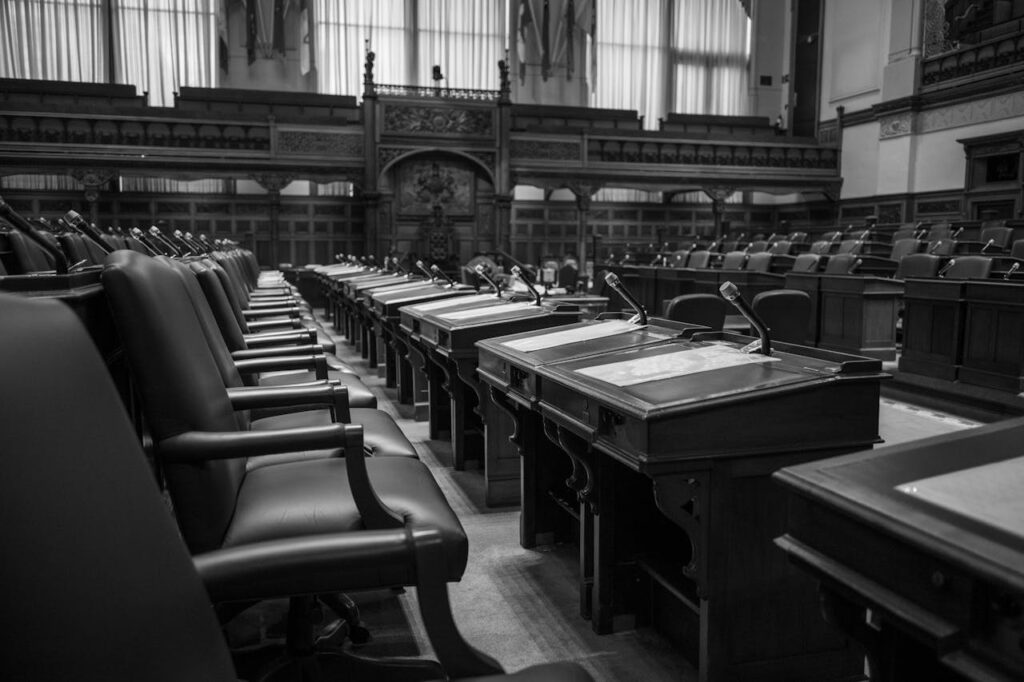As businesses in Malaysia explore avenues for expansion, understanding the distinctions between franchising and licensing becomes crucial. Both models offer unique advantages and legal implications that can significantly impact your business strategy.
Understanding Franchising in Malaysia
Franchising involves a franchisor granting a franchisee the rights to operate a business under its established brand and system. This model is governed by the Franchise Act 1998, which possesses the following key characteristics:
- Registration: Franchisors must register their franchise with the Registrar of Franchises before commencing operations.
- Standardized Operations: Franchisees are required to adhere to the franchisor’s business model, often detailed in an operations manual.
- Continuous Control: The franchisor maintains ongoing control over the franchisee’s business activities to ensure consistency and quality.
This structured approach ensures brand uniformity and quality control across all franchise outlets.
Exploring Licensing in Malaysia
Licensing, on the other hand, is a contractual agreement where a licensor permits a licensee to use its intellectual property, such as trademarks or technology, in exchange for a fee. Key characteristics include:
- Governance: Licensing agreements are primarily governed by the Contracts Act 1950, with no specific legislation like the Franchise Act.
- Operational Independence: Licensees have more freedom in how they operate their business, with minimal control from the licensor.
- Flexibility: Licensing offers a more flexible arrangement, suitable for businesses looking to expand without the stringent requirements of franchising.
It’s essential to note that while licensing offers more autonomy, it doesn’t provide the same level of support and brand consistency as franchising.
Key Differences at a Glance
Aspect | Franchising | Licensing |
Legal Framework | Franchise Act 1998 | Contracts Act 1950 |
Registration | Mandatory | Not required |
Control | Franchisor maintains significant control | Licensor has minimal control |
Operational Model | Standardized across all franchisees | Varies; licensee has operational independence |
Support & Training | Comprehensive support from franchisor | Limited; primarily initial public knowledge |
Legal Implications and Considerations
Misclassifying a business model can lead to legal complications. For instance, if a licensing agreement exhibits characteristics of a franchise (e.g., significant control by the licensor), it may be deemed a franchise under Malaysian law, necessitating compliance with the Franchise Act 1998.
A notable case highlighting this is Dr HK Fong Brainbuilder Pte Ltd v SG-Maths Sdn Bhd & Ors, where the court determined that despite being labeled a licensing agreement, the arrangement functioned as a franchise due to the level of control exerted by the licensor.
Choosing the Right Model for Your Business
Deciding between franchising and licensing depends on your business goals:
- Franchising is ideal if you aim for rapid expansion with consistent brand representation and are prepared to provide ongoing support to franchisees.
- Licensing suits businesses looking for a more hands-off approach, granting rights to use intellectual property without the need for extensive control or support.
Engaging a corporate and commercial lawyer is advisable to navigate the complexities of these agreements. A corporate and commercial lawyer can provide tailored advice, ensuring compliance with corporate law in Malaysia and safeguarding your business interests.
Conclusion
Understanding the nuances between franchising and licensing is vital for businesses aiming to expand in Malaysia. Each model offers distinct advantages and legal obligations. Consulting with a corporate and commercial lawyer will help determine the most suitable approach, aligning with your business objectives and ensuring legal compliance.
For personalized legal advice on franchising and licensing in Malaysia, contact our experienced team today.
